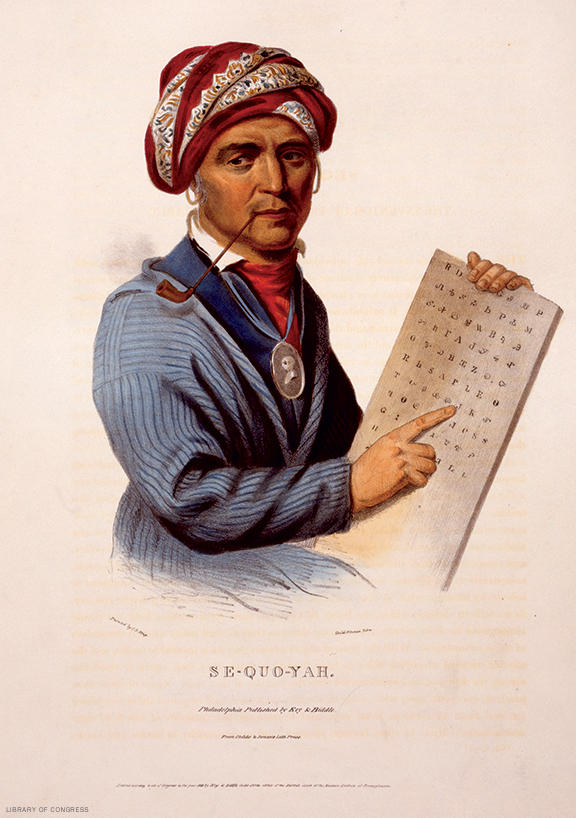When Dr. Rebecca Bushnell became dean of the School of Arts and Sciences, one of her first acts was to declare a one-year moratorium on references to Benjamin Franklin in speeches and publications. She explained her lack of reverence in a panel discussion sponsored by the Penn Humanities Forum and the Marvin and Sybil Weiner Fund of Van Pelt Library by citing a passage from Franklin’s 1749 Proposal Relating to the Education of Youth in Pensilvania. It recommended that students learn everything both “useful” and “ornamental” with regard to specific professions.
“Dare I say, using Franklin’s own words, that apparently we’re supposed to be pre-professional?” she asked. “‘No, no,’ you’re going to reply. Look. He says students should learn those things that are most useful and most ornamental. But there is also, I think, an implicit hierarchy.” Bushnell confessed that she feared her area of expertise, early modern English literature, is “seen by most people as all too ornamental” and pointed out that the Oxford English Dictionary defines ornamental as that which is decorative but non-essential. “So if the ornamental is the non-essential,” said Bushnell, “you can imagine which is the first to go when the budget cuts come.”
Along with Bushnell, three other professors shared their views on Franklin’s writings and debated whether or not Penn should still adhere to his educational framework. Dr. Peter Conn, the Andrea Mitchell Professor of English, acknowledged that he holds Franklin in high esteem—“I’ve talked about Franklin more often than about my children”—and suggested, “We are too glib in appropriating Franklin and his example and his vision. In fact, in many respects, some of them quite substantial, we have departed from Franklin’s precepts and principles—for better, but I think more often for worse.”
He noted, for example, that Penn and most American colleges treat civic education as a commencement cliché. “The purpose of education in Franklin’s view was to prepare young people for citizenship. We have not even made much effort to think through what such a commitment would really mean,” said Conn.
Dr. Peter Stallybrass, professor of English and the Walter H. and Leonore C. Annenberg Professor in the Humanities, agreed that civic duty is not the focus of a Penn education—perhaps because it is unfeasible. “Would parents pay the tuition for their kids to be taught benevolence, to be taught to do good rather than to do well? Do you really need a college for that?” he said.
Dr. Michael Zuckerman C’61, professor of history, suggested that self-worth should be founded on a well-rounded education. He noted that Franklin felt honored by his honorary doctor of laws from the University of St. Andrews in Scotland, yet was equally proud of the education he received as an apprentice printer. “For Franklin, knowledge was gained through the interaction of the hand and brain, not through either one alone,” said Zuckerman, and went on to speculate that Franklin would want Penn to incorporate more teaching of manual skills in its curriculum.
All of the panelists said that they have revised their understanding of Franklin and Penn’s commitment to his vision over the years. Bushnell said that when she decided to give Franklin “a chance,” she discovered that his approach to the instruction of history and science combined beauty and utility. Conn began viewing current educational models as a departure from Franklin’s dream and pointed out that first-year students are “warehoused” in large lecture classes while professors have become “independent contractors.” Zuckerman suggested that Franklin, who read everything from Daniel Defoe’s novels to pamphlets on logic and navigation, should serve as a model for the depth and breadth of study of all Penn students.
Stallybrass cited Franklin’s will and explained how it bound its beneficiaries for 200 years. “I think we ought to be clear that the statute of limitations has expired,” said Stallybrass. “There is simply no need for us any longer to hold ourselves responsible to Franklin’s desire.”
—Chelsea Tanimura C’06



